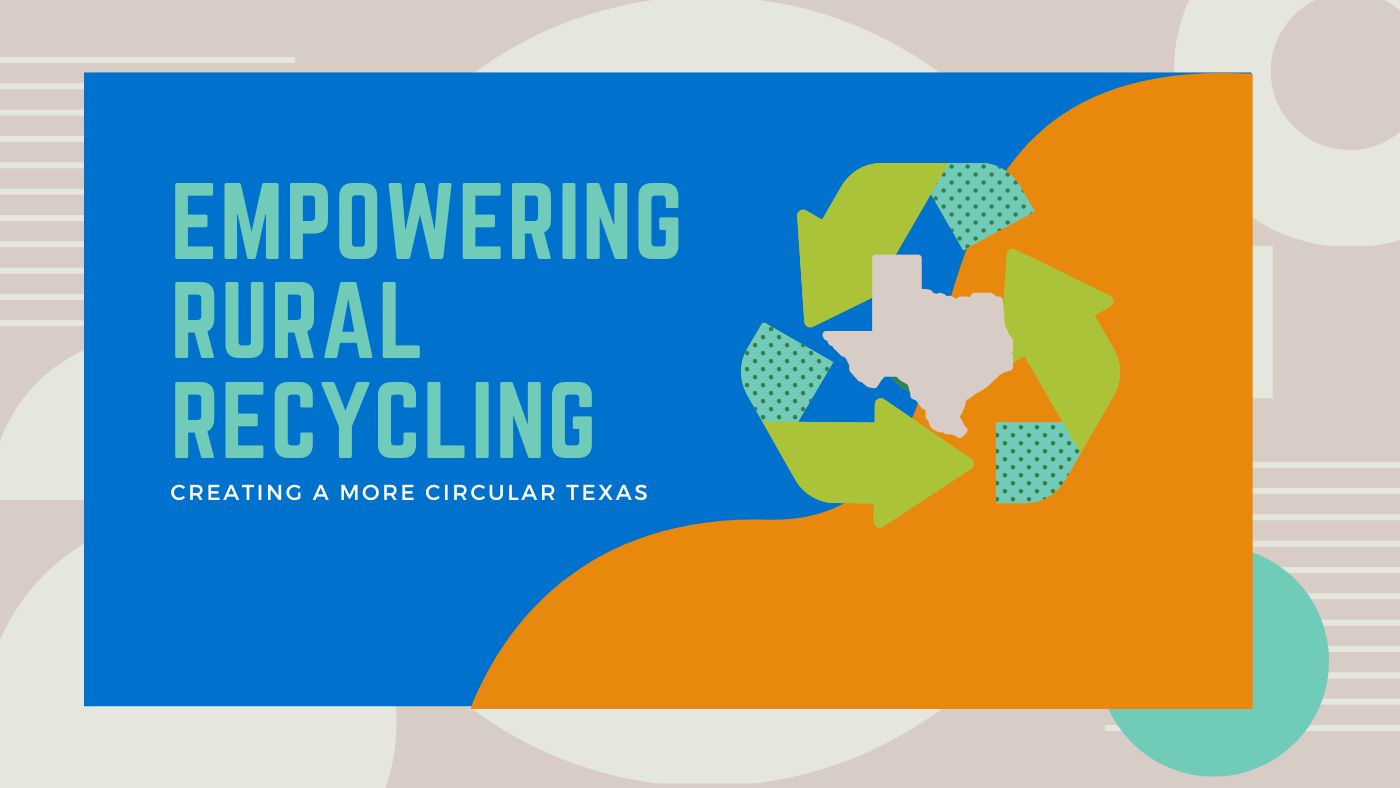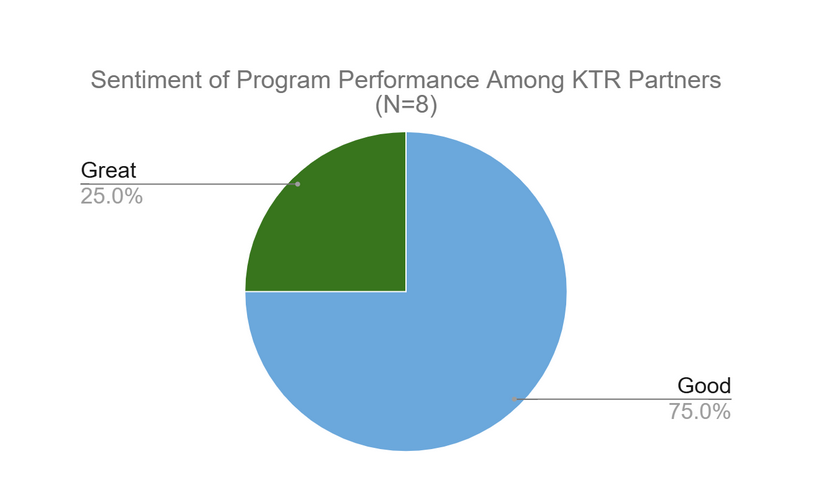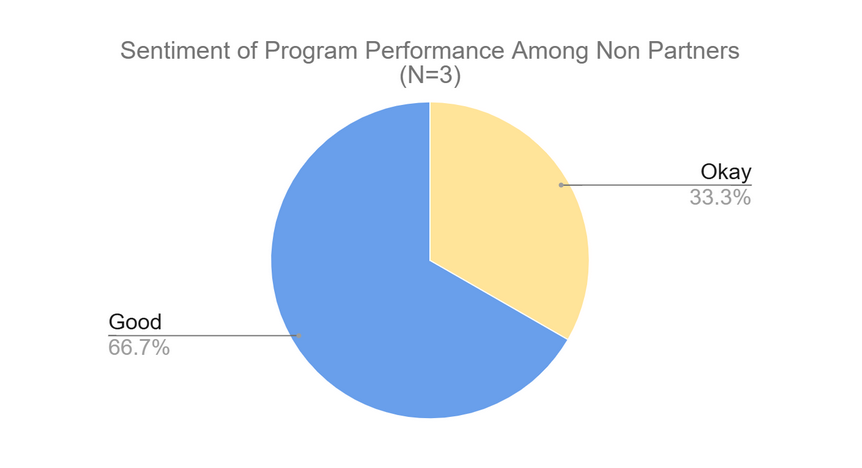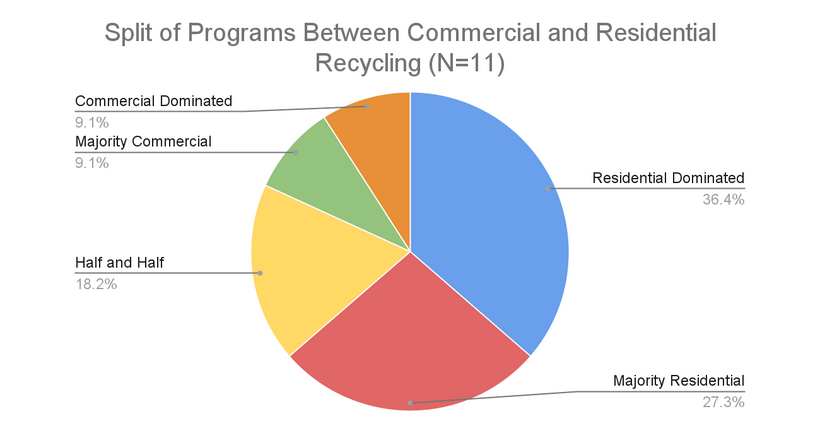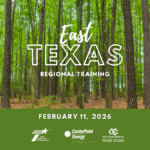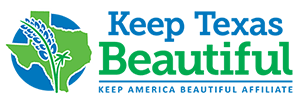Empowering Rural Recycling: Creating a More Circular Texas
Based on research by Johnathan Sicard, KTB’s Spring 2025 Earthshare Texas Recycling Research Fellow
When most Texans think about recycling, they picture tossing cardboard, paper, and plastic bottles into a bin and wheeling it out to the curb. For folks in cities and suburbs, that’s often all it takes. This system—called single-stream recycling—is quick and convenient. But it’s not always the best or most affordable option. Many rural communities are still working to access basic recycling services.
The places that sort these materials, known as Materials Recovery Facilities (MRFs), are expensive to build and operate. (Read more about these facilities in this blog post.) Most of Texas’ 21 MRFs are located near major cities. That leaves many smaller towns and rural areas without access to curbside recycling.
That’s why Keep Texas Beautiful is focused on empowering rural recycling and creating a more circular Texas—where waste is reduced, materials are reused, and all communities have the support they need.

In rural communities, recycling looks very different. Many rely on drop-off centers where residents sort materials themselves. These programs are often run by local governments or volunteers. Even as revenue is generated, high labor costs, low participation, and contamination can make it hard for rural programs to succeed. KTB helps by getting materials to market more efficiently—and ensuring that revenue flows back to the local community.
That’s where Keep Texas Recycling (KTR) comes in. KTR is a program of Keep Texas Beautiful that helps rural communities reduce the cost and hassle of running a recycling program. KTR now supports nearly 50 partners across Texas, including cities, counties, school districts, and even military bases!
”In 2024 alone, KTR helped move more than 300 truckloads of recyclable materials. That’s nearly 5,000 tons kept out of landfills and over $600,000 earned for local partners.

Bales of cardboard loaded on a truck in Burleson County.
Learning From Those Who Do
This spring, KTR interviewed eight of our most successful partners and surveyed eleven communities across the state to better understand what’s working—and what’s still challenging—for rural recycling programs.
One big takeaway? Many of the strongest programs focus on collecting cardboard from local businesses. It’s a win-win: companies save money by diverting bulky cardboard from their dumpsters, and recycling programs get a steady supply of clean, uncontaminated material that brings in reliable revenue. Seven out of the eight interviewed partners said commercial recycling is one of their biggest sources of income.
The survey results told a similar story. KTR partners, who tended to have stronger commercial recycling components, were more likely to rate their programs as “great” or “good.” They also reported far lower contamination rates—over 70% said recyclables were “rarely” or “almost never” contaminated, compared to just 33% of non-partners. Communities not yet part of KTR tended to rely more heavily on residential recycling, which often brings more sorting challenges and lower returns. Together, these insights highlight what’s possible when programs are supported and built for long-term success.
Graphs from Recycling Survey of Municipalities Across Texas
Addressing Common Challenges
The biggest challenges for rural recycling programs are limited funding and not enough staff. That’s where KTB steps in.
In 2024, H-E-B’s Our Texas, Our Future campaign gave over $180,000 in grants to rural recycling programs through KTR. These funds helped communities upgrade their infrastructure and expand their services.
KTB also helps with the logistics. Finding a buyer for recyclable materials can be time-consuming. One partner told us that it used to take hours to sell their baled cardboard. Now? It takes just one call to KTB.
This kind of support matters. In rural areas, staff members often wear many hats. Saving them time makes it easier to keep their programs running.

Representatives from Keep Texas Beautiful, H-E-B, and the City of Smithville gather to celebrate a $50,000 grant awarded to support recycling expansion and improvements at the Smithville Recycling Center.
Why It Matters and Looking Ahead
Recycling helps keep landfills from filling up too quickly. In many rural counties, the landfill is owned and operated by the county itself. That means when it fills up, it’s the taxpayers who pay to build a new one.
By recycling materials like cardboard, communities can extend the life of their landfills and create local jobs in the process. Recycling programs need workers to sort, bale, and transport materials. With KTB’s help, these programs can stay financially strong, avoiding high costs by reducing paperwork and getting support to find and apply for grants.
KTR is always working to improve. This year, we’re focused on strengthening our current partnerships and finding new communities to support. By listening to our partners and sharing what we learn, we’re helping more Texans gain access to recycling services.
Together, we’re building a cleaner, more sustainable Texas—one community at a time.
